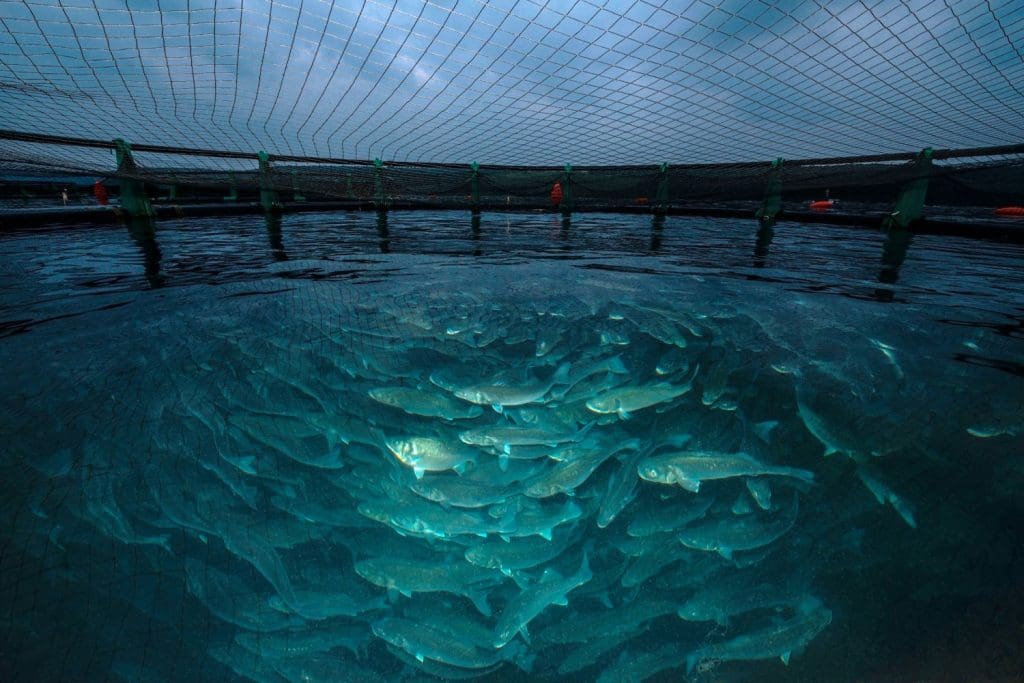Seafood has long been a staple in many cultures, providing a source of sustenance and economic stability for coastal communities. However, with the growing demand for seafood and the decline of wild fish stocks, the industry has turned to aquaculture – the farming of seafood in controlled environments. While this may seem like a sustainable solution, the process of seafood farming comes with its own set of moral and environmental costs. In recent years, concerns have been raised about the ethical treatment of farmed fish, as well as the potential negative impacts on the ocean’s delicate ecosystems. In this article, we will delve into the world of seafood farming and explore the various issues surrounding it. From the ethical considerations of raising fish in captivity to the environmental consequences of large-scale aquaculture operations, we will examine the complex web of factors at play in the journey from ocean to table. By shedding light on these issues, we hope to encourage a deeper understanding of the moral and environmental costs of seafood farming practices and spark conversations about sustainable alternatives for meeting the world’s growing demand for seafood.
Examining the impact on ecosystems
Examining the impact on ecosystems is critical in understanding the full scope of the moral and environmental costs associated with seafood farming practices. Ecosystems are complex networks of interconnected species and habitats, and any disturbance or alteration can have far-reaching consequences. One of the key concerns in seafood farming is the potential for the escape of farmed fish into the wild, which can lead to genetic dilution and competition with native species. This can disrupt the balance of the ecosystem and have negative implications for biodiversity. Additionally, the use of antibiotics and other chemicals in farming operations can introduce harmful substances into the surrounding environment, affecting not only the farmed fish but also other organisms in the ecosystem. Careful monitoring and assessment of these impacts are essential to ensure that seafood farming practices do not harm the delicate balance of our marine ecosystems.
















































